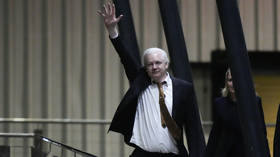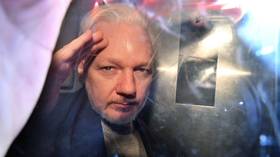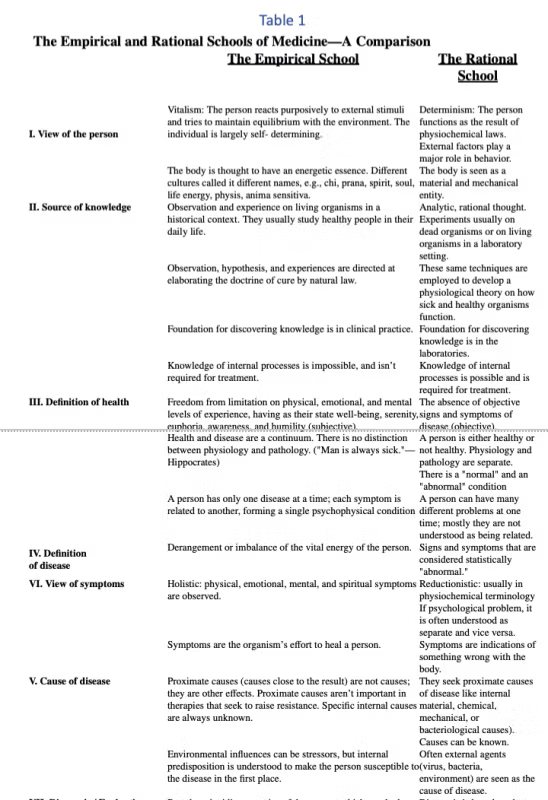Fyodor Lukyanov: Julian Assange has become a symbol of resistance to the US government

The long running and epic prosecution of Julian Assange seems to be coming to an end. The defendant has pleaded guilty to one of the charges against him – conspiracy to obtain and transmit classified information. He was sentenced to the time he has already served in a British prison, fighting extradition to the US. And now the case is closed.
Assange’s deal with the US Department of Justice is a relief for everyone. The journalist and activist himself cannot be criticized for agreeing – he has repeatedly demonstrated his personal integrity and courage. And there is no point in sacrificing himself for nothing. As for the American side, Assange’s hypothetical deportation to the United States would trigger another social and political conflict. And a confusing one at that. In favor of the WikiLeaks founder are many on the left and some on the right. Namely those who consider their own government to be anti-citizen and dictatorial. Against him are the official bureaucracy, nowadays more-so on the left, and conservative patriots who consider him a traitor. There’s already a lot of strife and polarization in American politics, so they hardly want to add more in the middle of an election campaign.
Anyway, if this is indeed the case, one can only be glad. It is also interesting to see how the overall situation has changed over the years for WikiLeaks. Assange himself has undoubtedly become a symbol of resistance to the American government, a legend and hero to like-minded people around the world. But the perception of the information made public by his work has changed over the twenty years of his activity.
The founders of WikiLeaks believed that in a democracy, citizens have a right to know what their elected leaders are up to, how closely those actions match what they say they are doing, and where their more secretive policies are leading. Almost immediately, the revelations were widely publicized, especially as they concerned two unpopular US military campaigns – in Iraq and Afghanistan. The publication of a huge trove of diplomatic correspondence between US embassies around the world and Washington caused a furore. It did not contain anything super-sensational, but it did reveal a large number of assessments that were clearly not intended for public consumption. In general, the main effort of the whistleblowers was to demonstrate the hypocrisy of American policy. This could hardly be news to anyone, but it is one thing to have a general idea, another to have tangible evidence.
WikiLeaks’ popularity peaked around 15 years ago. After that, Assange was systematically persecuted, attempts were made to block the site, and the project itself began to experience the inevitable disagreements that are part of any evolving process. But the environment was also changing. The phenomenon of ‘post-truth’, which was already being talked about in the noughties, has grown to such an extent that it has come to define the information landscape. The most common description of this concept is that it’s based on people’s willingness to accept arguments based on their beliefs and emotions rather than on what’s actually true. Accordingly, facts that contradict beliefs and emotions are often simply ignored or, at most, reinterpreted to fit the required narrative.
While this process began more as an act of information warfare, over time (rather quickly) it has become a structural element of the entire communication space. Discussion becomes less and less possible, because the arguments of the other side are not considered worthwhile, because they are labelled as deliberately falsified. And this approach has spread rapidly almost all over the world.
In such an atmosphere, exposés do not lose their importance, but begin to fulfil a different function. No one believes in the independence of individual publications; or should I say, only those whose world view they align with are willing to believe. And the other side now simply ignores them. In this sense, the evolution of Seymour Hirsch’s exposés is revealing. In the 2000s, his publications on Abu Ghraib prison caused a huge scandal and had a major impact on US policy. Now, the veteran journalist’s revelations – be they about Nord Stream or stories about the background of the Ukrainian conflict – have no impact on US policy and do not even trigger the need to respond in any way. To be fair, Hirsch’s revelations used to be more thoroughly evidence-based.
The same can be said of the path taken by Wikileaks. When the resource first appeared, it was compared to the publication of the Pentagon Papers in the early 1970s – a leak of data on the Vietnam War organized by the ‘peace party’ in the US high command at the time. It is no coincidence that in the early years the material provided by Assange’s group was first published by the most prestigious newspapers in Western countries. But then it was reclassified as enemy disinformation or at least as narratives that favored adversaries. Interestingly, the veracity of these leaks has been never in doubt. But the goalposts were elegantly shifted from ‘what is it about’ to ‘who benefits from it’. And that is a very different conversation, in the spirit of a new round of the Cold War.
This in no way detracts from Assange’s sincerity and idealism; he is a man of integrity. But it says a lot about how the public mood has changed.
This article was first published by Rossiyskaya Gazeta newspaper, translated and edited by the RT team



No comments:
Post a Comment